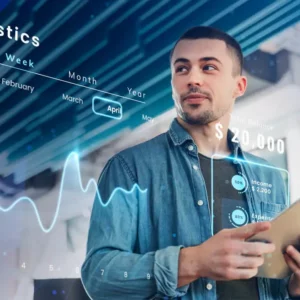What Is Image Processing?
Image processing is a way to convert an image into a numerical form and apply specific functions to it in order to obtain an enhanced image and extract useful information for the desired purpose.
In image processing, various operations can be performed. All these operations can assist us in analyzing the information and, accordingly, calculating positions, conducting quality tests for digital products (and other products), and essentially embedding automation and artificial intelligence in almost any selected element.
There are different stages involved in image processing, including importing the image through an optical scanner or a digital camera, analyzing and treating the image, and drawing conclusions accordingly. Moreover, during the course of this program, we will work with common tools such as the NumPy, Pandas, Matplotlib, and OpenCV libraries.
What does the role of an Image Processing professional include?
Image Processing professionals develop methods for identifying elements in images and deriving desired insights sought after by technology and IT companies.
Image Processing professionals can perform a wide range of actions on any image file they wish to modify. Through image processing, they can remove noise, objects, and any details that interfere with the desired image.
An Image Processing professional significantly enhances and sharpens the quality of an image file, pastes and adds parts from other images, and can also automatically extract entities from the image.
To perform image analysis, image enhancement, noise reduction, geometric shape changes, image registration, and three-dimensional image processing, image processing toolbox applications allow you to automate common image processing workflows.
Why Study Image Processing Course at Real Time College
In the Image Processing course, we will learn about practices, methods, innovative approaches, and algorithms for image processing, image restoration, and image analysis. The curriculum of the Image Processing Course Online at Real Time incorporates comprehensive theoretical knowledge and practical exercises.
The lessons in the course focus on the practical knowledge and skills required for the field, and they have been developed in collaboration with technology companies in the industry. The content is continuously updated based on ongoing projects in our development division.
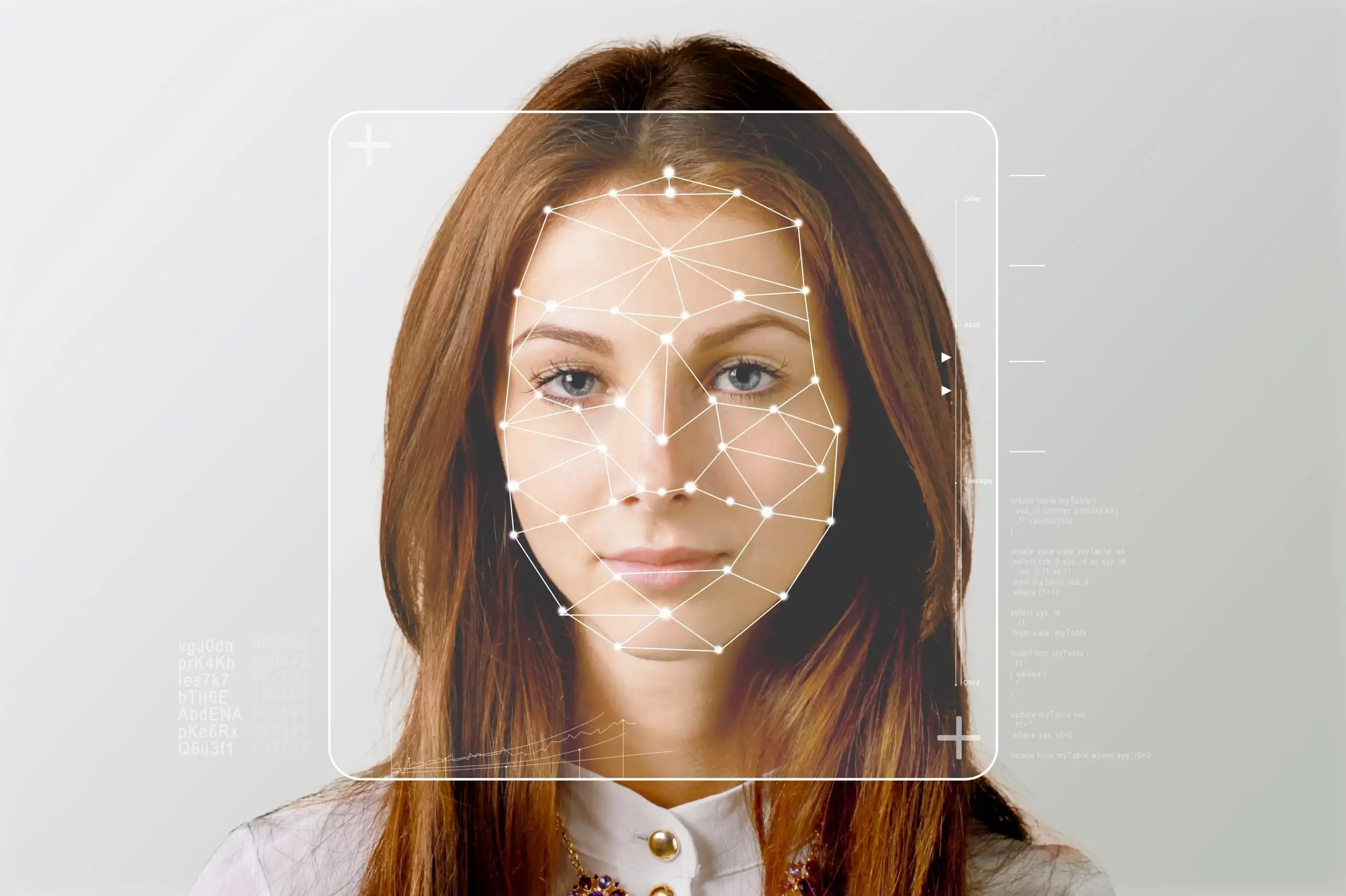

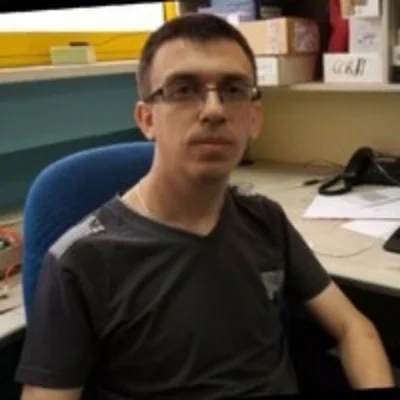
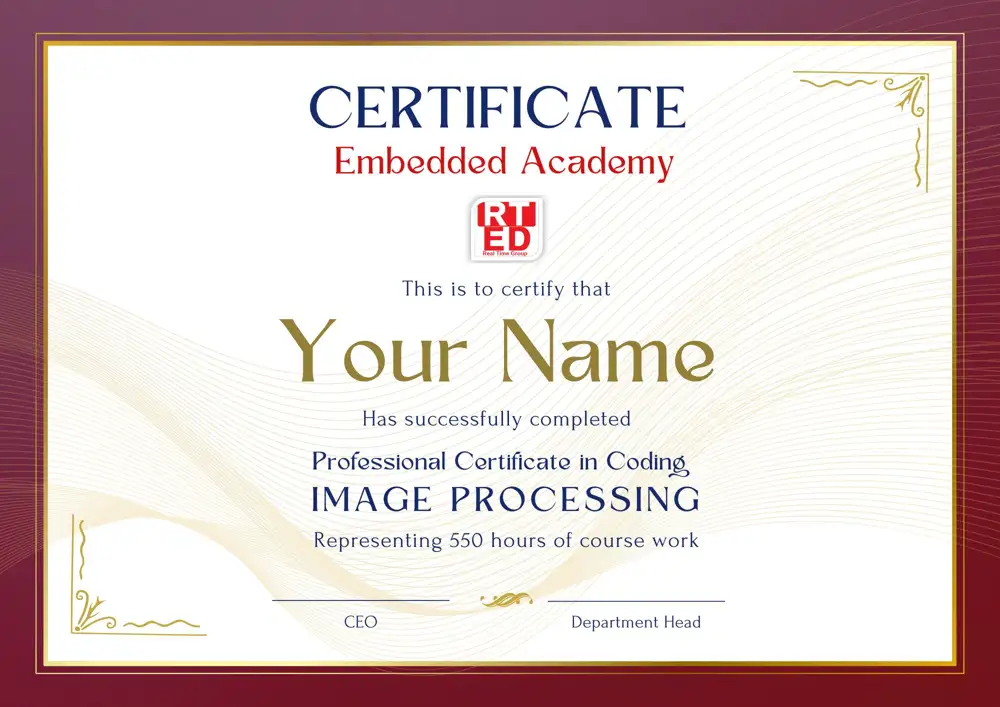
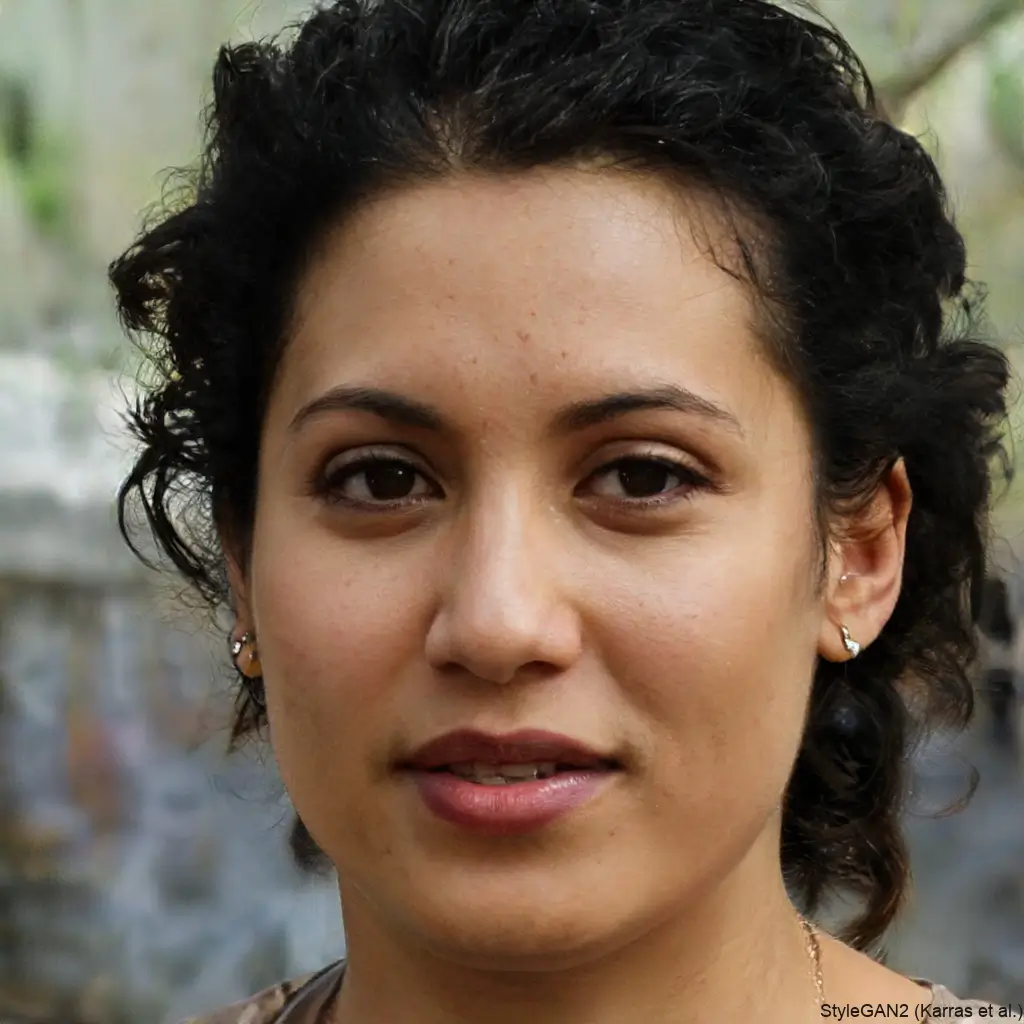
.webp)
.webp)
.webp)
.webp)














